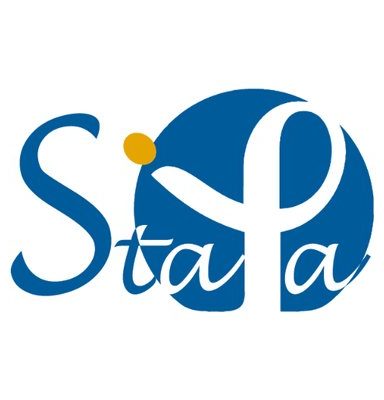We believe that a healthy relationship between students and their supervisors is essential to provide a good and productive work environment. A good research experience is also fundamental to both encourage young scientists to pursue their academic careers further and strengthen a laboratory’s reputation in training good scientists.
One of the most important stages in the life of a young scientist is during the development of her/his doctoral thesis. However, and unfortunately, this is not always a peaceful process, due to conflicts and disappointments that arise between the student and the supervisor.
Whilst there will always be inevitable issues that arise in this relationship, we believe that many of the problems can be avoided if and when the expectations of both parties are made clear and discussed a priori.
Therefore, the Education Department and the young researchers of Institut Pasteur have engaged in a joint effort to create some useful tools and channels adequate for an improved communication between students and supervisors and with the intention to improve the process of PhD student recruitment to the campus.
At this stage, there are already in place three resources that can be used by prospective students:
- A guideline for the personal expectations of the student regarding her/his PhD. This document aims to underline important questions that are sometimes underestimated regarding the student’s vision of how a PhD should be. These questions should be first considered by the student her/himself, and then used as a basis for the initial conversation with the supervisor.
- An interview guideline for the visit of the student to the prospective supervisor laboratory in order to further clarify the goals, requirement and circumstances of the doctoral project. These are suggestions of questions meant to be posed to the supervisor and to the other members of the laboratory. These are general, and sometimes sensitive questions, and therefore should be adequately and carefully formulated. They aim to maximize the information gathered by the student before committing to the doctoral project in the prospective laboratory.
- The description of the “desired” student profile filled by supervisors who joined the cause. It aims to aid the student to align her/his expectations and vision of science with the ones of the prospective supervisor. We believe that it will increase the visibility of the PI/HDR and attract prospective students that have a better fitting profile. This document (when available) can be found in the StaPa website.
Although this information is focused on the recruitment of new PhD students, it might be useful as well for post-docs.
If you have any suggestions for the development of new communication tools, the improvement of the existing ones or if you need any further information, don’t hesitate to contact us.

